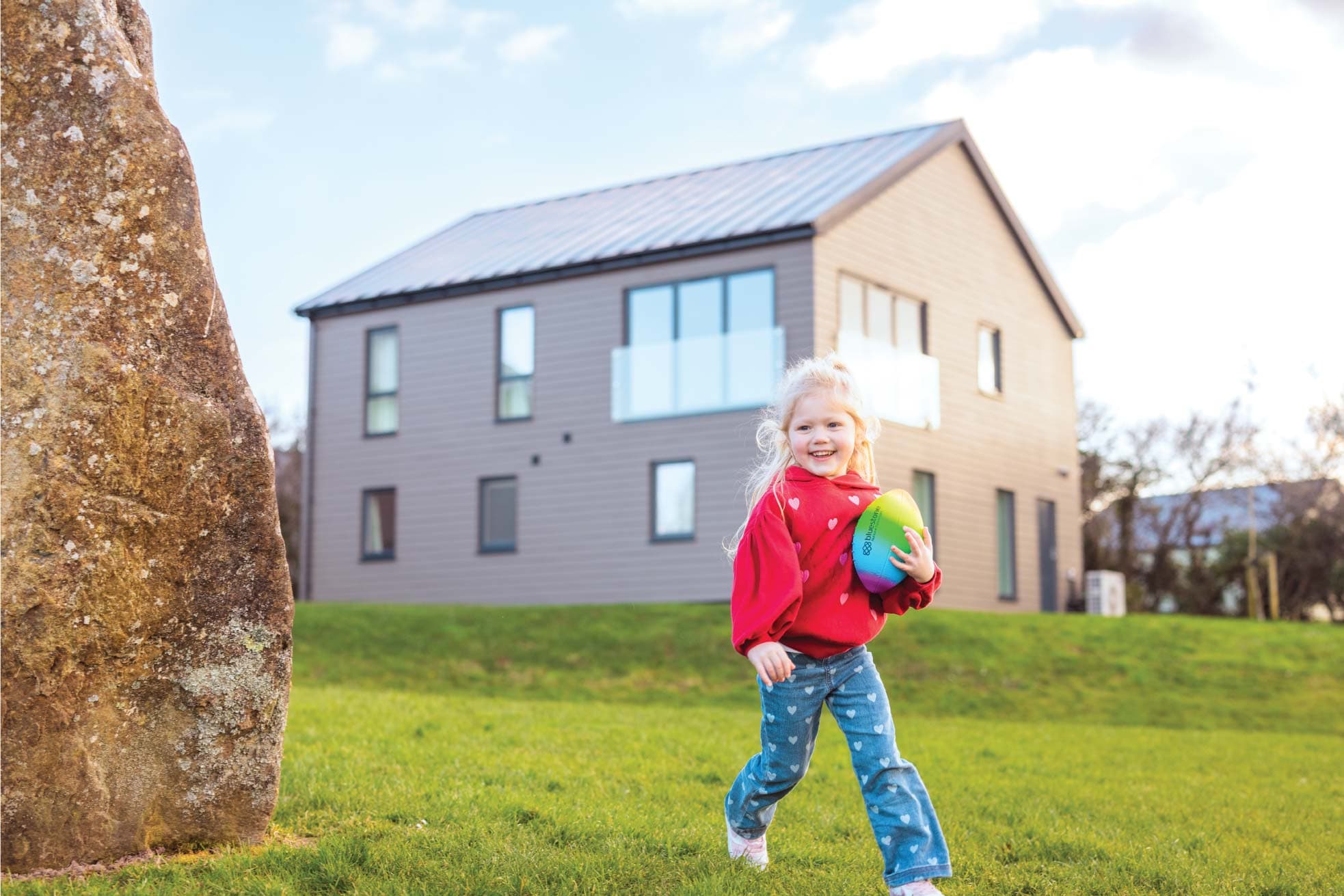Five Important Reasons Children Need To Play Outside
Happy, healthy!
Five Reasons To Get Outside
Getting children to play outside isn’t just fun - there’s a whole host of benefits that research has shown will make them healthier and happier!
The lure of digital technology is causing fewer youngsters to embrace the great outdoors than ever before. But playing outdoors is good for physical and mental wellbeing, meaning we should be encouraging and taking part in a return to natural play with our children.
1. Sunlight
Getting a dose of daylight is important to a child's development. We need sun exposure to make vitamin D, which can help everything from bone development to our immune system. Getting plenty of sunlight also affects our mood and sleep. However, too much exposure to the sun can be harmful so always be responsible when playing under the rays and remember to wear sunscreen!
2. Creativity
Studies show the unstructured style of play outside means children think more freely, design their own activities, and approach the world in inventive ways. Outdoor play can help children to learn to push their boundaries safely and become more confident. It also teaches them to explore new games and become confident in learning to try new things without being guided by adults. Research shows that children use five times as many words when they play outdoors compared to indoors and that there’s a direct correlation between obesity and lack of time spent outside.
3. Exercise
Being outside generally means being on the move - the total opposite of being on the sofa in front of a screen. Children don’t need to sign up for sports clubs or riding an expensive bike though - even a walk in the park will energise them. Studies have shown this in turn will make them more focused mentally. All that running around has obvious physical benefits too.
4. Social Skills
If you’re out and about, you learn skills that will bode well for children later in life. You can’t all play on the swings at once - so you learn how to share and take turns. These interactions also help improve communication, cooperation, and organisational skills as well as building meaningful friendships.
5. Stress
Fresh air and free play are thought to reduce stress levels - especially in natural environments free from the constant distractions of towns and cities. American researchers have found that children in green spaces have a natural outlet for stress. Movement and exercise is a great tonic for mental wellbeing.
